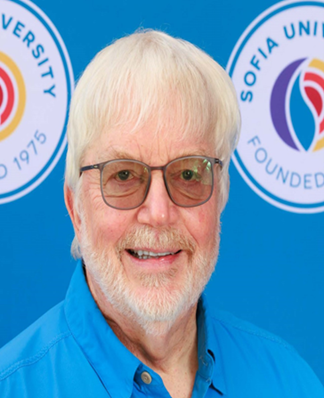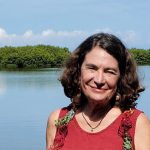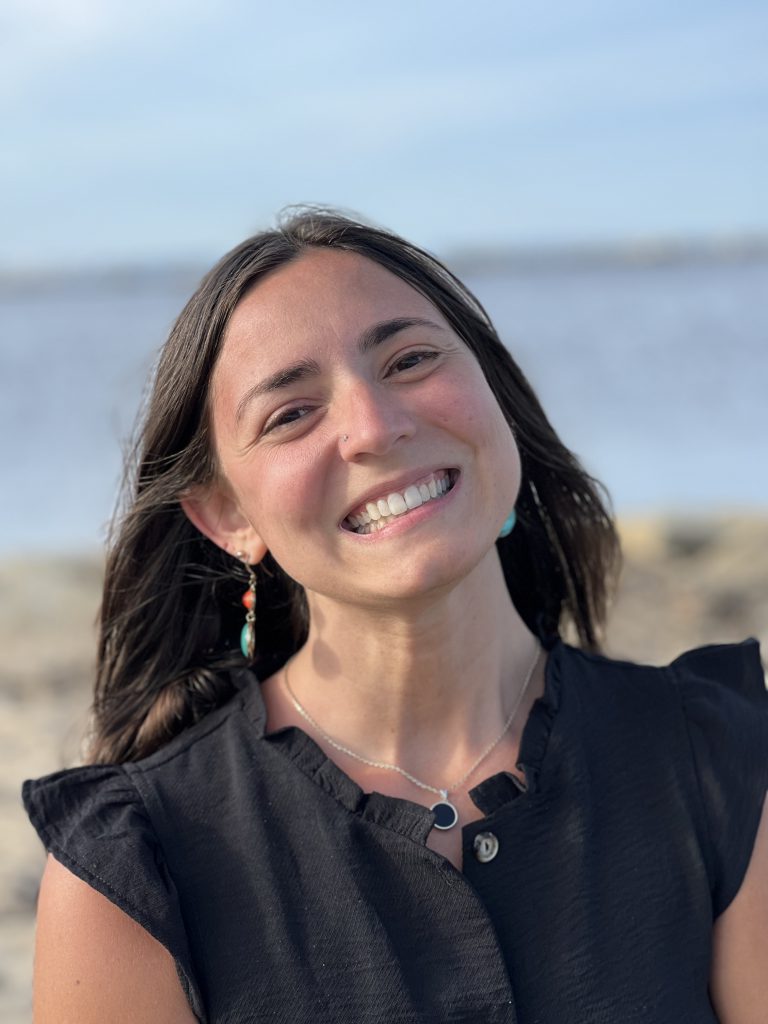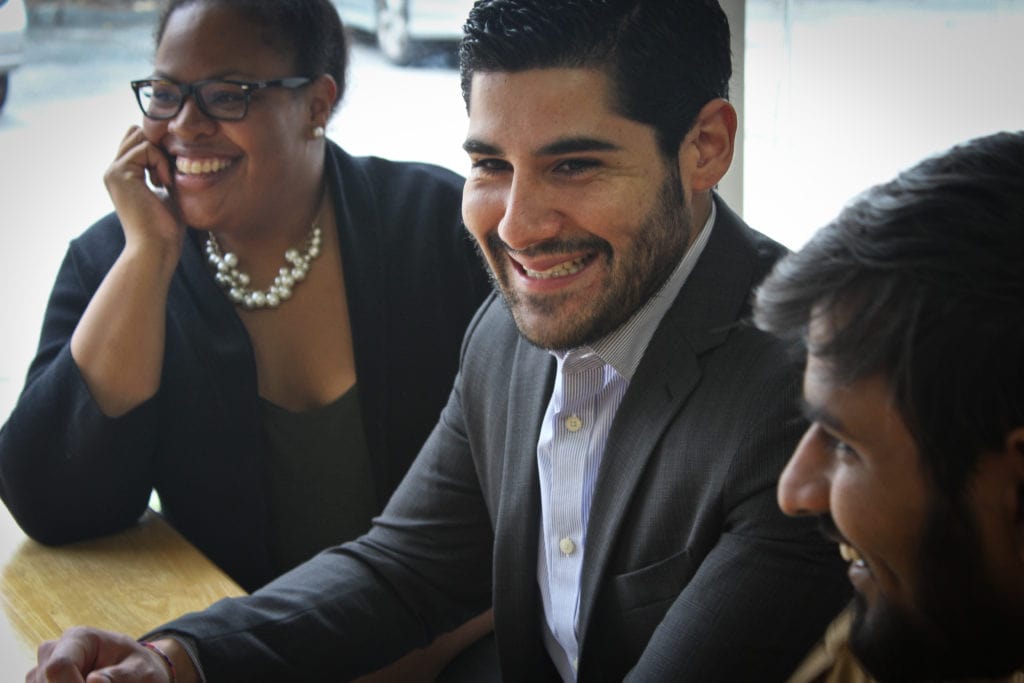At the heart of the Certificate of Transpersonal Ecopsychology is the assumption that Earth is a creative, living entity and that humans are woven into the tapestry of all life. This program inspires participants to live in reciprocity and harmony within the natural world. It promotes sustainability and wholeness, which are fostered as humans fully experience themselves as being part of nature and embody ecological consciousness.
The certificate in Transpersonal Ecopsychology fosters ecological consciousness in daily life, professional service, and activism. Students utilize multiple ways of knowing as they engage in topics like ecospirituality, ecopsychology, eco-literacy, systems thinking, sustainability, sacred ecology, ecological practices, and nature-based programs.
Course Information:
At-a-glance information about this course for your convenience:
Spring Start Date: | April 7, 2025 |
|---|---|
Summer Start Date: | July 7, 2025 |
Fall Start Date: | September 29, 2025 |
Winter Start Date: | January 12, 2026 |
Program Length: | 13 Months |
Total Number of Units: | 13 (Minimum) |
Total Cost: | $10,000 for non-Sofia students (For students who are currently enrolled in our MATP, MACP, and PhD programs, please contact our Admissions Office at admissions@sofia.edu for details about pricing.) |
Format: | 100% Online and in Nature |
Check academic calendar for exact start date. Apply early to assure timely entrance.
Program Goals:
The Transpersonal Ecopsychology program seeks to:
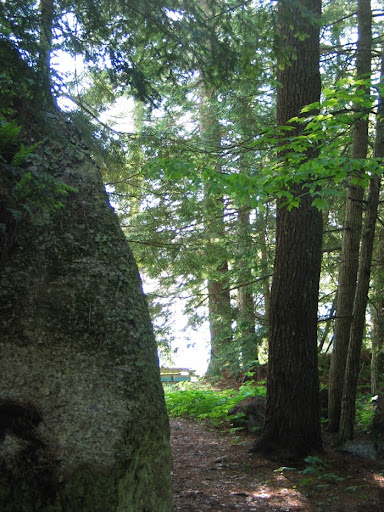
Sense of Place
Restore relationship, reciprocity, and intimacy within the natural world.
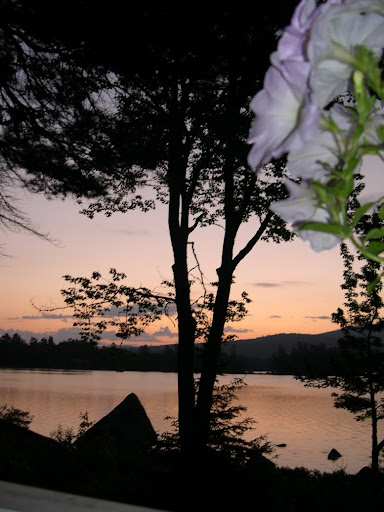
Inspiration
Introduce theories and practices inspired by ecospirituality and ecopsychology.
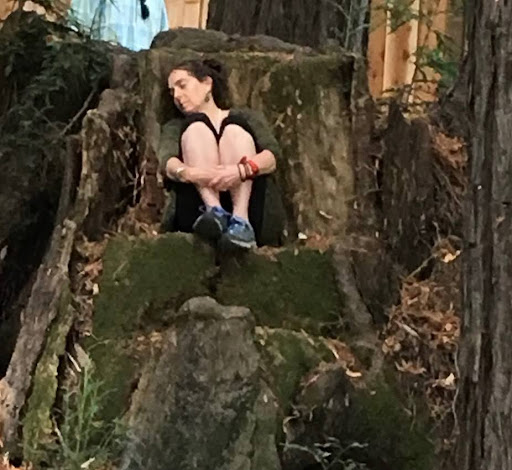
Cross-cultural Awareness
Bring awareness to how traditional ways support sustainable living.
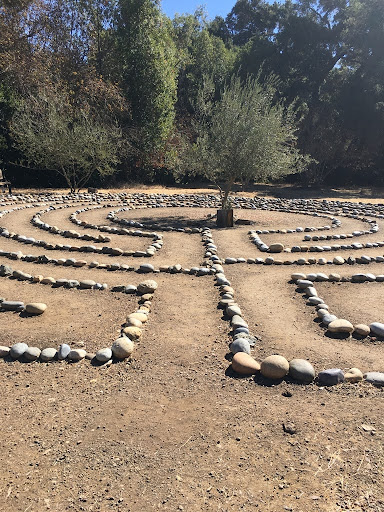
Spiritual Practice
Encourage spiritual practices that cultivate intimacy within nature.
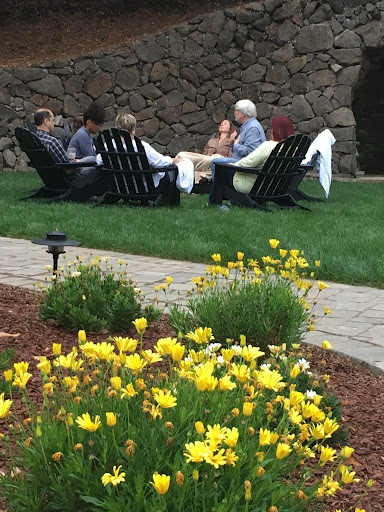
Visioning
Enable the reimagining of a fully sustainable community.
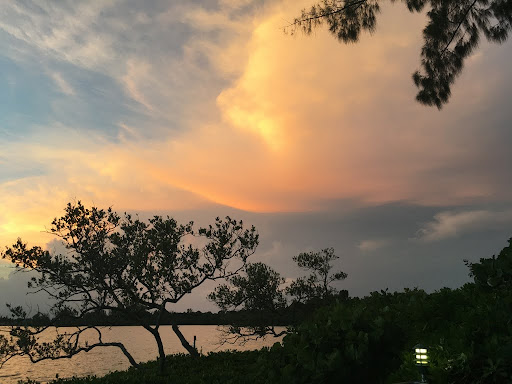
Stewardship
Promote ecological consciousness in personal, community and professional life.

Leadership
Imagine, design and develop realistic nature-based program.
Learning Outcomes:
Participants in the Transpersonal Ecopsychology Certificate program will:
Ecopsychology
Explore interdependence with nature and the implications it has on well-being.
Mindfulness
Contemplate how mindfulness in nature fosters relationships to the natural world.
Expressive Arts
Use the expressive arts and nature writing to deepen nature connections.
Interconnectedness
Reflect upon nature experiences that foster intimacy, and spiritual connection.
History
Examine how history has impacted our relationship to nature.
Indigenous Teachings
Recognize how original teachings inform community and sacred ecology.
Visioning
Reimagine and suggest solutions for ecologically conscious communities.
Guided Experiences
Guide original nature-based experiences that support ecological consciousness.
Giving Voice
Express personal, philosophical, or political perspectives on Earth sustainability.
Stewardship
Commit to activities that support ecological consciousness and sustainability.
Nature-Based Programs
Explore nature-based programs within your community and on the web.
Program Development
Design and develop a unique nature-based program.
Alumni Stories:

Ecospirituality was the first elective that I took at Sofia University. I didn't realize at the time that I would be so profoundly transformed. I knew then that I simply had to complete the entire certificate. While I always enjoyed taking walks, riding my horse, and being outdoors, this program taught me how to truly “be with” nature, revealing its endless inspiration, wisdom, creative solutions, and healing potential. I now live more consciously; sustainability has become a core value. I experience myself more fully in the web of life. I feel confident that this field will be part of my research and professional life in the future. I am so thankful!
Amanda Mobley
MTP
Class of 2024
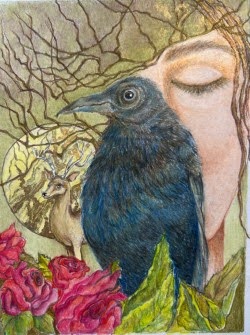
I have been wondering if art inspires my connection with nature or if nature inspires my art and concluded that they are one and the same process. All of creation is part of creative expression. As humans, we recognize it and it inspires our own creativity. Using art in the Ecospirituality class was everything to me. It inspired me in ways that would not have been possible if this class were simply an intellectual experience. Using art gave me a more complete experience. Having the opportunity and time to use art within the natural world made the class more complete. Artistic representation of nature is an opportunity to look closer at nature. It is a profound way to perceive and appreciate natural surroundings. I take the time to understand the value of self, what I am drawing, and the planet as a whole.
Jerrie Noyes: “Inspired by Nature Connection”
Meet the Instructors:
Ilana (Nancy) Rowe, PhD Certificate Weaver
Learn more about the director for this program:

Ilana (Nancy) Rowe, Ph.D.
Professor, Transpersonal Psychology
A doctorate in Education coupled with a Master’s in Transpersonal Psychology was fertile ground for designing transformative programs at Sofia University.
I am grateful for the teachers and training experiences that illuminated my path. Angeles Arrien, Natalie Rogers, and Mathew Fox were key early on. Poets like Mary Oliver, W.S. Merwin, nature writers like Terry Tempest Williams and author Robin Kimmerer brought me closer to the natural world. I was particularly inspired by the vision of the 13 Indigenous Grandmothers, who guided my journey as I became a Minister of Walking Prayer through the Center for Sacred Studies. These medicine women opened me to greater curiosity, discovery, and interconnectedness within the natural world.
As a result of their influence, I had a deep yearning to walk this planet with greater reverence. On my week-long trek to a particular lake, I decided to kayak early each morning with the intention of cultivating greater intimacy with the natural world. By the end of the week, I no longer saw myself as visiting this lake, I was now part of the “lake community.” The shift was so profound that I began focusing my writing and curriculum development on helping others feel more connected with nature in their homeland. From this experience, the first course, Ecospirituality, was born.
Serving on the boards of the Woodstock Land Conservancy and an ecospirituality organization called Spirit Earth, and offering workshops, presentations, and classes at seminars, conferences, and online forums such as Spirituality and Practice and the Center for Sacred Studies allowed me to contribute more globally. I currently live in an ecovillage where we participate in community activities that support sustainability and eco-justice.
My latest publications, Intentional Kayaking: Awakening to Intimacy with the Natural World and Walking on Sacred Soil focused on spiritual connection with nature. Other writings, such as Transpersonal Education, coauthored with William Braud and my memoir, Sacred Stories: A Caregiver’s Journey Through Alzheimer’s includes nature experiences.
I am pleased to be part of this certificate program and walk with you as you more fully experience the world of interconnectedness within all of life.
All Instructors:
List of all instructors of this program…
Robert Wood, PhD.Sofia Core Faculty, Chair-Transpersonal Studies
Nancy (Ilana) Rowe, Ph.D.Core Faculty
Olivia Jenkins, PhDCore Faculty
Jennifer Nagrath, Ph.D.
Curriculum:
The Transpersonal Ecopsychology Certificate can be earned alone or in combination with concentrations within the MATP, MACP, and PhD programs. To receive a Certificate in Transpersonal Ecopsychology, students must successfully complete a minimum of 13 units. The following courses fulfill the Transpersonal Ecopsychology requirements:
- Ecospirituality: Our Spiritual Connection with Gaia (3 units)
- Ecopsychology: Remembering our Place in the Natural World (3 units)
- Sustainability, Culture and Sacred Ecology (3 units)
- Nature-Based Programs (3 units)
- Certificate Integration (1 unit)
For more information about the Transpersonal Ecopsychology Certificate Program curriculum email Ilana Rowe at ilana.rowe@sofia.edu
Frequently Asked Questions (FAQs):
Our FAQ section provides a quick and comprehensive guide to answer your questions about Sofia University’s Transpersonal Ecopsychology Certificate program.
- Start by submitting an application
- Submit a 1-page statement of purpose
- Provide transcripts showing the completion of a degree; A Bachelor, Master’s, or Doctorate degree accepted
- Schedule a faculty interview
Students simply will enroll in the required courses and declare their intention with the registrar and the Transpersonal Ecopsychology Certificate Weaver. They will indicate that they will be working toward a concentration (MACP/PHD) or sub-concentration (MATP) in Transpersonal Ecopsychology.
Yes, you can receive a certificate by completing all the requirements of the Transpersonal Ecopsychology Certificate without enrolling in the degree program.
Yes, 9 units in our Transpersonal Ecopsychology certificate program can be transferred into one of the following degree programs: MA in Counseling Psychology (MACP), MA in Transpersonal Psychology program (MATP), Ph.D. in Transpersonal Psychology program (PhD), or Chinese-Language MA in Transpersonal Psychology Online (MATPO) program.
Prospective students who are interested in enrolling in the stand-alone Transpersonal Ecopsychology Certificate program must have the following:
- A. degree with a 3.0 GPA
- Provide a one page Statement of Purpose
- Complete an Interview with the Certificate Program Weaver.
The Transpersonal Ecopsychology Certificate program has four start dates per year: Summer. Fall, Winter, and Spring quarters. Check the Academic Calendar for dates. Summer is the ideal time to begin this program.
The program is designed to be completed within a 13-month period. This duration allows students to thoroughly explore the various aspects of Transpersonal Ecopsychology.
The total cost of the program is $10,000 for non-Sofia students.
Students currently enrolled in the MATP, MACP, and PhD programs, will be charged according to their program’s enrollment agreement.
Yes, the Transpersonal Ecopsychology Certificate program is delivered in a 100% online format with many experiences in nature. This ensures flexibility and accessibility for students around the world.
The Transpersonal Ecopsychology Certificate program is taught by qualified Sofia University faculty members at Sofia University.
Matriculated students in MATP program will earn a sub-concentration in Transpersonal Ecopsychology noted on their transcript.
Students in the PhD program and MACP program will earn a concentration in Transpersonal Ecopsychology noted on their transcript.
Both Masters and PhD students will also receive a frameable paper document entitled Certificate of Completion in Transpersonal Ecopsychology.
Stand-alone certificate students will receive a frameable Certificate of Completion in Transpersonal Ecopsychology.
From the mountains and the rivers I learned humility, and reverence from the trees. Otter taught me about playfulness, bear about retreat and introspection, eagle about patience and unity, and the sun, the moon and the stars about interconnection and trust… (Peter Zimmermann, ITP/Sofia Thesis, 2008)

